Nation urged to value Unity Accord
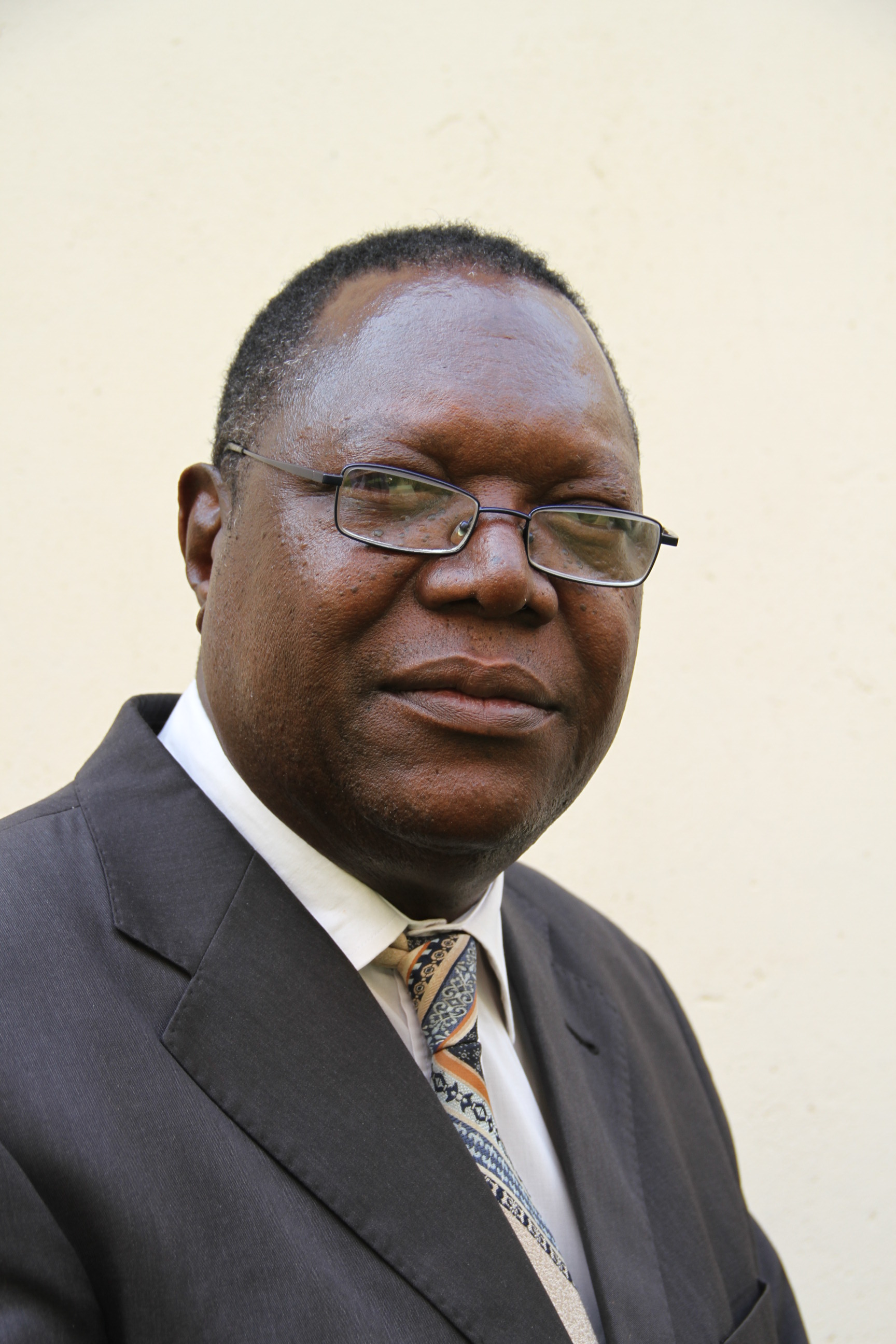
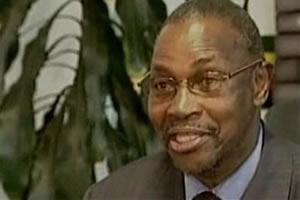 Felex Share Herald Reporter—
Felex Share Herald Reporter—
Zimbabwe celebrates the 27th anniversary of the signing of the Unity Accord today with negotiators of the agreement yesterday urging Zimbabweans not to betray the gains brought by the historic pact. They also called on the country’s leadership to ensure the general populace understand and strengthen the ethos of the agreement. Nationalist movements, the Patriotic Front of ZANU and Zapu — which fought to liberate the country — formed a united Zanu-PF in 1987, ending post independence disturbances in Matabeleland and parts of the Midlands.
This resulted in the Unity Day, borne out of a resolution by the Zanu-PF Youth League in 1996 that proposed that December 22 — the day the Unity Accord was signed by President Mugabe and the late veteran nationalist Vice President Dr Joshua Nkomo on behalf of all Zimbabweans — be declared a public holiday, and this was done in 1997.
Read More:
The then secretary of the Unity Accord negotiating committee Cde Willard Chiwewe, yesterday said the charter was Zimbabwe’s “Magna Carta” as it was the foundation upon which the country was built.
He said the signing of the Unity Accord was not a stroll in the park as it involved painstaking negotiations from the two parties.
“It is a charter upon which all values like economic values, social values, political policies and even coerciveness of the State should be founded on,” he said.
“The accord provided Zimbabweans with a great opportunity to unite and focus on developmental issues. It was a long process when people were trying to find each other. As such, every Zimbabwean has a responsibility to contribute to that unity not minding one’s region or origin.”
Another participant Rtd Brigadier -General Ambrose Mutinhiri, said the Unity Accord was sacred and the leadership should ensure equal opportunities for all.
“There are three things important in the country namely; independence, Unity Accord and the Land Reform,” he said.
“These things are sacred and for us to go back to the era when it was signed, it is important that there be equal opportunities on both sides.”
Dr Sydney Sekeramayi said unity was important for the country to realise socio-economic development.
“We fought as Zanla and Zipra but it was seen that it is important to unite and be one force and this we did all the way to the Lancaster House Conference,” he said.
“We became independent and it was agreed in principle that we would form one government. There were disturbances in some parts of the country but the wisdom of the leadership prevailed and observed the need for coming together and they tasked teams to negotiate. That formed the foundation for going forward for development.”
He added: “Fragmented African countries never develop and we must cherish that we have the foundation of the unity. We have been disturbed by sanctions but if we get together in fighting them, we develop at a rapid speed.
“Going forward, we might have small differences in methods and style but let us put Zimbabwe first and identify ourselves as Zimbabweans.”
Zanu-PF politburo member Dr Sikhanyiso Ndlovu, who participated in the negotiations said the Unity Accord was not an event but a process that should be strengthened on daily basis.
“The two leaders (President Mugabe and Dr Nkomo) did it for the people and this should be an ongoing process,” he said.
“Let us continue to live together and develop as a nation. I believe the unity is still intact though there are some people who do not want it. People should not live in the past because we are now one. There will never be a repeat of those dark hours, acts of madness.”
Dr Ndlovu said those in Government should “walk the talk” and ensure that the national cake is enjoyed by every Zimbabwean.
Another participant in the Unity Accord negotiations, Acting President Cde Emmerson Mnangagwa last week, said Government took the Unity Accord seriously that it had incorporated some provisions of the accord into the new Constitution of Zimbabwe.
He said current events and the past were replete with lessons that the unity of a nation was better than fragmentation, which led to civil strife and lack of development.



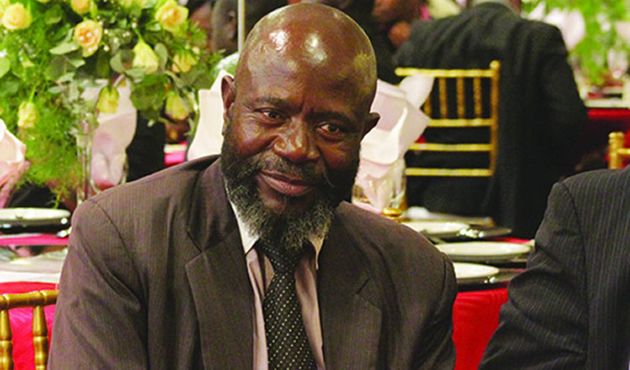

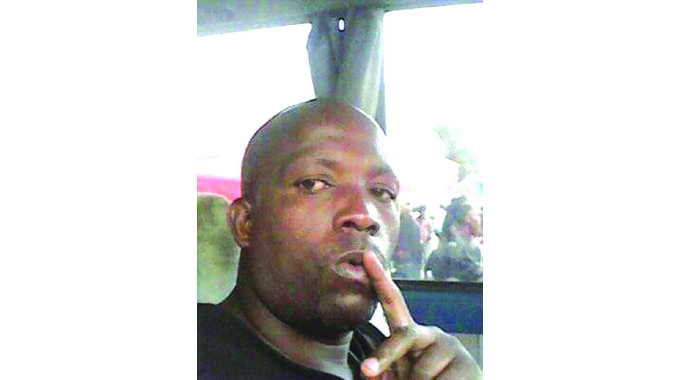
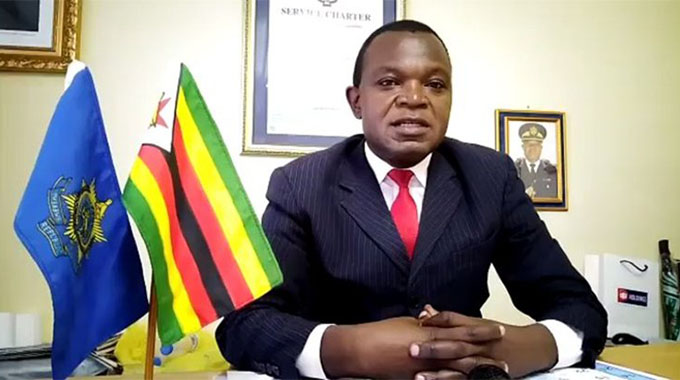

Comments